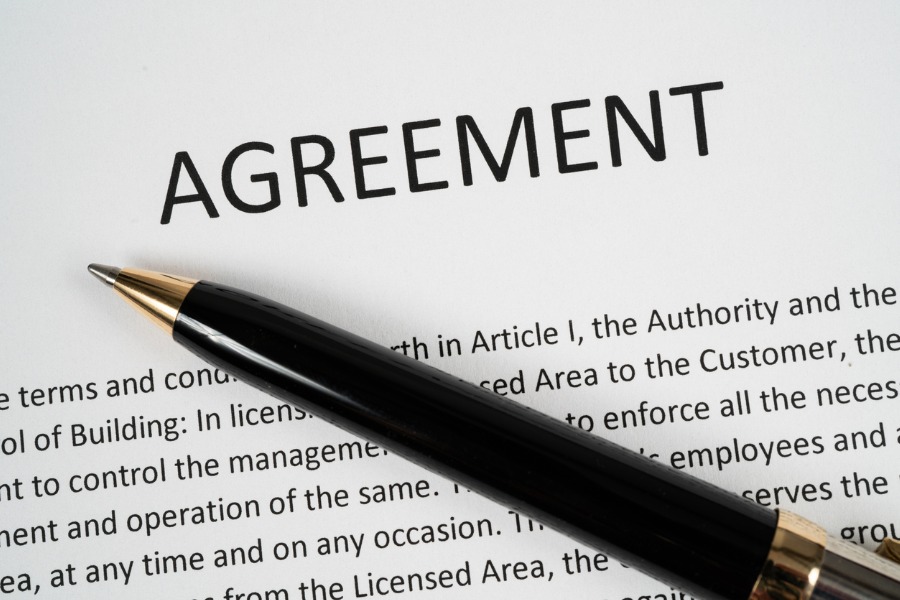
EMPLOYMENT CLAIMS
As more companies emerge with new technology and innovative ideas, business owners seek to protect their businesses by using noncompete agreements. These restraints on trade and competition, however, are historically unfavored. Noncompete claims may emerge when a former employee wishes to work for a competitor or open a new business of his or her own.
The employment lawyers of Burnett Law, P.A., can review such agreements to ensure that they have met all legal requirements. We can also help employees who have noncompete claims when these agreements do not meet the necessary requirements.
Legitimate Business Interests
A “legitimate business interest” may be a trade secret, confidential business information, significant relationships between the business and prospective or existing customers, specialized training, a specific trade area or business goodwill.
Florida law states that any restrictive covenant that is not supported by a legitimate business interest is unlawful, void and unenforceable. Therefore, when we meet with you, we will discuss the facts of your case to determine whether or not there is a legitimate interest behind the restrictive covenant. Under Florida Statute § 542.335, a “legitimate business interest” may be a trade secret, confidential business information, significant relationships between the business and prospective or existing customers, specialized training, a specific trade area, or business goodwill.
Burden Of Proof
The employer has the burden of proof in showing that the restraint contained in the noncompete agreement is reasonably necessary to protect its legitimate business interest.
If the employer establishes to the court that a legitimate business interest does exist that justifies the noncompete agreement, the burden of proof shifts to the employees to show that the noncompete claims should be granted in their favor because the agreement is overbroad, restrains the employee for too long or encompasses a geographic area that is too large to be reasonable. Call us today for a free consultation to have your noncompete agreement reviewed.
Overbroad
Whether a noncompete covenant is reasonable or overbroad is a question of fact, not of law. A noncompete agreement can be overbroad if it contains terms that are not reasonably necessary to protect the legitimate business interest. For example, it may contain provisions that prevent an employee from working in a number of industries, even if they are not directly linked to the business that seeks to enforce the agreement.
Time
When handling noncompete claims, our Tampa, Florida, lawyers look to the time restriction on the noncompete agreement. Florida has a rebuttable presumption that a time restriction of six months or less is reasonable, and a restriction of more than two years is unreasonable when the noncompete agreement does not concern the sale of a business and the restriction is on a former employee. For former dealers, distributors or franchisees, Florida courts apply a rebuttable presumption that a restriction for less than one year is reasonable and for more than three years is unreasonable. Other rebuttable presumptions apply for different defendants and for cases involving trade secrets.
Other Defenses
Burnett Law, P.A., can explore other potential defenses to noncompete claims. For example, courts can consider whether the noncompete agreement violates public policy and whether the public policy substantially outweighs the business’ needs to protect its interests. Additionally, courts can consider any effect that their enforcement of such a noncompete agreement would have on the health, safety or welfare of the public. Courts cannot, however, consider economic hardships that may affect the person against whom enforcement of the covenant is sought. Any restrictive covenant must be in a written contract and be signed by the person against whom enforcement is sought.
There are many complex issues with respect to noncompete agreements. Please contact us for a FREE CONSULTATION at 813-221-5000.
